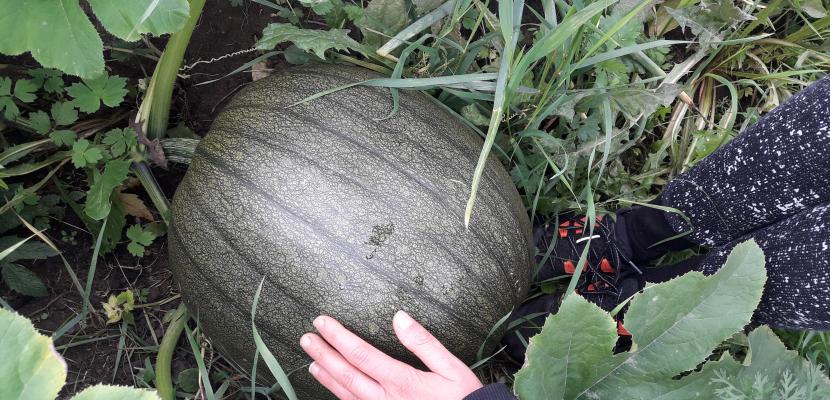
Field Farming – Urban food production

About this good practice
In cities, where many people live in apartment blocks, residents often lack opportunities for gardening or growing their own food. Field farming began in the city of Lahti in the 1980s.
Nowadays, the city has agreed on a land lease agreement with the operator TEAK-Huolto Oy, which is now responsible for coordinating field farming operations. TEAK-Huolto Oy allocates plots to residents, manages payments, handles tillage in the spring and autumn, and provides necessary materials based on residents' orders. Local residents can rent a plot through TEAK-Huolto's website and grow their own food using organic methods. They can also compost organic materials, such as weeds and inedible plants, either on their plots or in the area’s communal compost.
For the residents, this good practice offers opportunities to produce their own local, organic food in the fields, strengthen their relationship with food and nature, and learn and implement circular bioeconomy due to composting. Residents can comprehensively understand and see how organic material turns into soil and again into new plants.
Expert opinion
Resources needed
The City of Lahti rents the land for field farming at a very low cost. The city's Urban Engineering Unit is responsible for planning, constructing, and maintaining essential infrastructure (roads, parking, benches). The city covers the operational costs associated with field farming in these areas.
Evidence of success
There are 8 different field farming locations in the City of Lahti, where approximately 200 people participate in field farming each year. This activity has been ongoing for about forty years, reaching a large number of residents annually and continuing successfully for many years. The practice started in 1980s and it is set to continue into the future.
Potential for learning or transfer
This practice can be transferred to other cities and municipalities. Field farming is an excellent idea to put up in areas that have no other use, and it can be implemented even in small areas. Organic field farming supports local food production, access to organic food, biodiversity, composting, nutrient cycling and relationship with food and nature.
Field farming most likely also has social benefits since the farmers contact regularly and share information. In Lahti, field farming is popular with the residents.
Further information
Website
Good practice owner
You can contact the good practice owner below for more detailed information.
